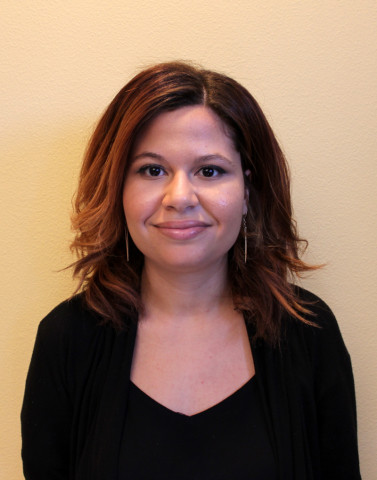
Above: Students, teachers and eastern Coachella Valley community members rallied at the Coachella Valley Unified School District office for the final Local Control Funding Formula (LCFF) public hearing on Tuesday, May 24, 2016 in Thermal, Calif. (Image: Amber Amaya/Coachella Unincorporated).
By Paulina Rojas
COACHELLA, Calif. — In late May, during a regularly scheduled meeting for the board of the Coachella Valley Unified School District, parents and community advocates requested time during the meeting to present on a program they say has already benefited students at one middle school — the district said no.
The decision increased concerns that board members are not complying with requirements under California’s school finance law, known as the Local Control Funding Formula (LCFF), which grants more money to districts with more high-need students, defined as low-income, foster youth and English learners.
Over 90 percent of students enrolled in Coachella Valley Unified fall into one or more of these categories
“One of our priorities is improving school climate,” explained Sahara Huazano, Schools Action Team lead with Building Healthy Communities (BHC) Eastern Coachella Valley, one of the groups pushing for an expansion of the Restorative Justice model first piloted at Bobby Duke Middle School in the 2015-2016 school year.
Restorative Justice seeks alternatives to suspension and expulsion with an eye toward increasing graduation rates and college attainment. Similar models have proven effective in schools across the nation.
BHC’s Schools Action Team, which focuses on solutions to education challenges in the district, has come up with a plan that would take three years to implement. Under the plan, one third of teachers in the district’s middle schools would volunteer to implement the program in their classrooms every year.
“Parents think meeting the emotional needs of students is just as important as increasing academic standards,” Huazano said.
Most of the feedback from the school board has focused on the cost of implementing the Restorative Justice model district wide, according to Huazano.
“That is why we have been working with district staff to support us in crafting a budget draft. We are open to engage in a conversation with the school board about the budget as well,” Huazano said.
Earlier this year, BHC launched a public awareness campaign featuring a series of ads in local media to build support for the efforts to expand the program. “Holding board members accountable … and having more transparency in the LCFF budgeting process,” are part of the goals for the campaign, explained Huazano.
Under LCFF, districts are required to incorporate community input when formulating their Local Control and Accountability Plan (LCAP), which lays out how the district will spend the money it receives from the state.
According to a budget and LCAP analysis done by the Advancement Project, there are significant transparency issues with CVUSD’s LCAP for the fiscal years 2016 and 2015. In 2016 only 7.8 percent of the district’s total LCFF allocation is listed in the LCAP and in 2015 there are missing explanations for why the district only spent $3.8 million of its budgeted $14.1 LCFF funds.
Sandra Ramirez is a mother of four and co-chair of the Schools Action Team. She was among some 80 residents and advocates who stood for more than two hours outside the May 24 board meeting in order to voice their support.
Ramirez says the board’s decision not to allow the community to present at the May meeting will not deter the community.
“These are challenges that we will overcome and we are still motivated in advocating for Restorative Justice,” she told Coachella Unincorporated in Spanish. “At the hearing the community was very united. There was a lot of support from teachers as well, and that makes us stronger.”
Coachella Unincorporated reached out to CVUSD for comment.
Read more about LCFF and Restorative Justice
Students, Teachers Rally for Restorative Justice and Funding Transparency
Local Hero — Mother of Four Transforming Education in the ECV
Parents Push for Restorative Justice
About the author:
 Paulina Rojas joined Coachella Uninc. as a beat reporter in February 2016 after working as a city reporter in the eastern Coachella Valley for more than a year. Although born and raised in New York City, Paulina feels right at home in the eastern Coachella Valley. She loves the warmth of the people and buying fresh bread from her favorite bakery in downtown Coachella. Paulina is a graduate of the University of Houston, and her work has appeared in The Las Vegas Review – Journal, The Houston Chronicle, HelloGiggles and Vivala. View her author page here.
Paulina Rojas joined Coachella Uninc. as a beat reporter in February 2016 after working as a city reporter in the eastern Coachella Valley for more than a year. Although born and raised in New York City, Paulina feels right at home in the eastern Coachella Valley. She loves the warmth of the people and buying fresh bread from her favorite bakery in downtown Coachella. Paulina is a graduate of the University of Houston, and her work has appeared in The Las Vegas Review – Journal, The Houston Chronicle, HelloGiggles and Vivala. View her author page here.